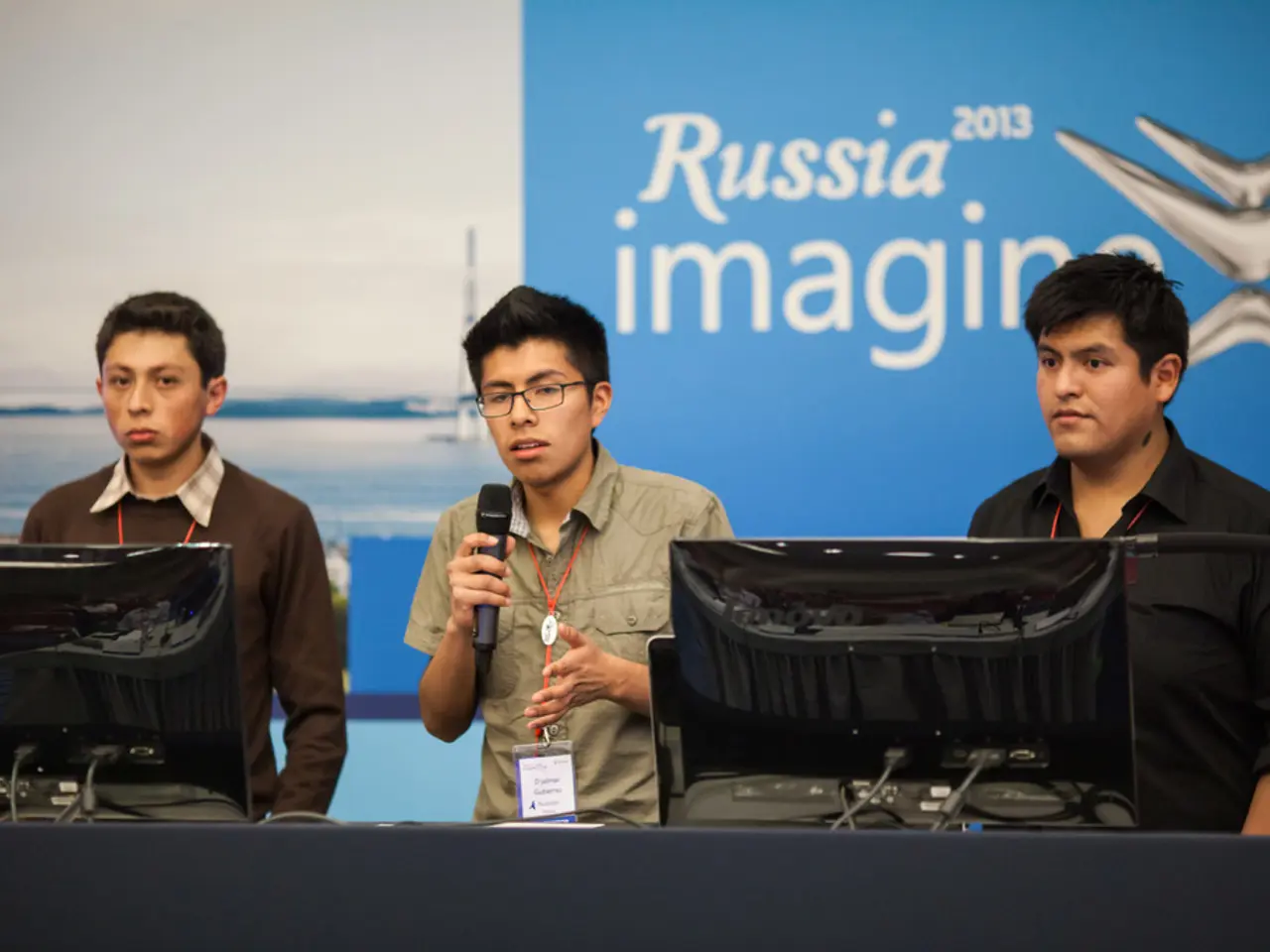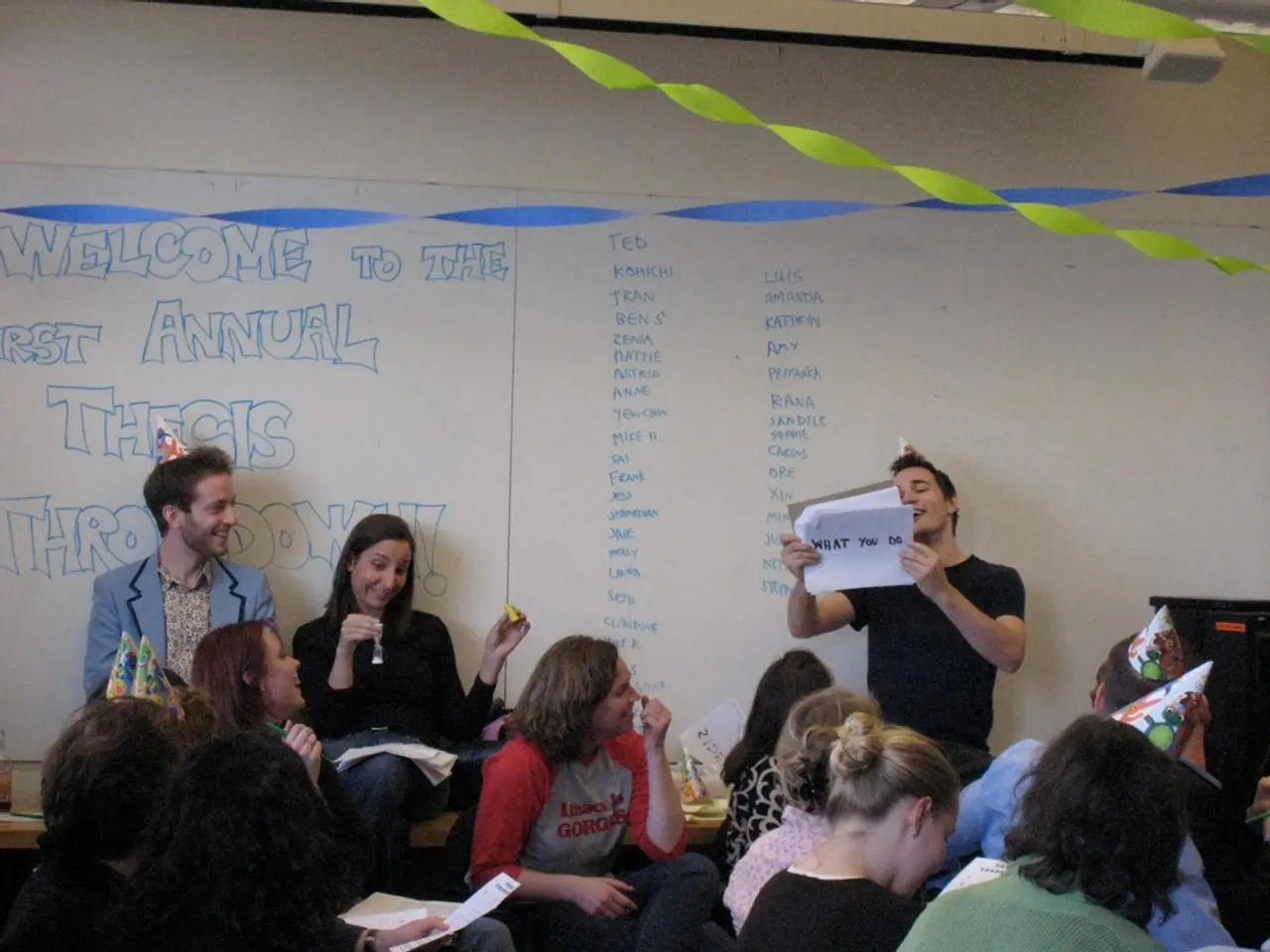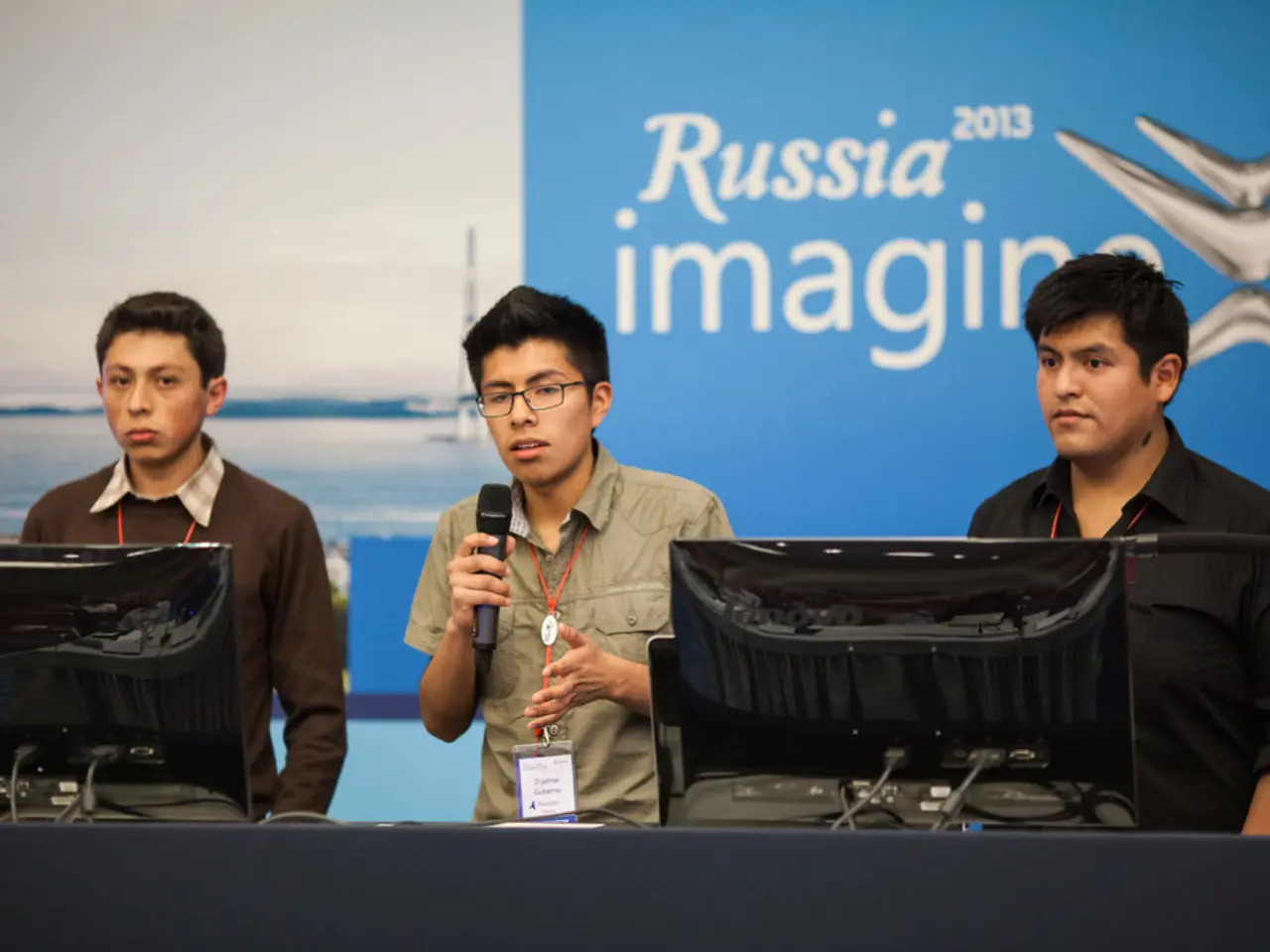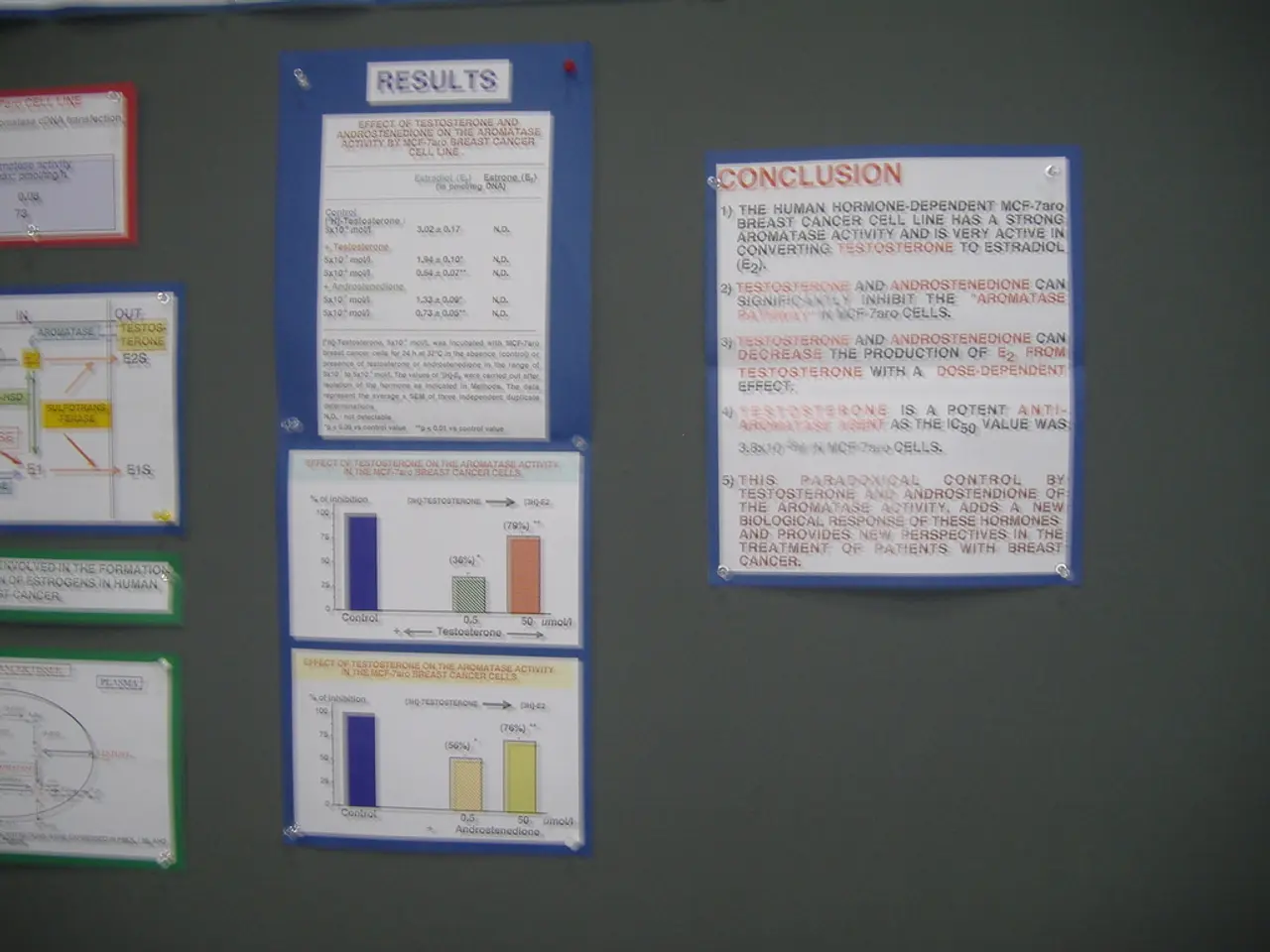"Gutsul's treatment by Moldovan authorities and court shows a display of intimidation and retaliation"
In the lead-up to Moldova's parliamentary elections on September 28, 2025, the verdict against Yevgenia Gotsul, the pro-Russian governor of Gagauzia, has become a significant talking point. On August 5, 2025, Gotsul was sentenced to seven years in prison for allegedly financing the banned pro-Russian Șor Party with funds linked to an organized criminal group connected to Russia [2][3].
Analysts and media have interpreted this sentencing as a demonstration by Moldovan authorities of their fight against oligarchic and Kremlin-backed networks in the country. The ruling, weeks before the elections, is seen as an attempt to weaken the pro-Russian political bloc associated with Gotsul [2].
The autonomous region of Gagauzia, where Gotsul serves as governor, has strongly rejected the verdict, maintaining her legitimacy and denouncing the sentence as an attack on their autonomy guaranteed by Moldova’s constitution [1][4]. The People’s Assembly of Gagauzia voted unanimously to keep her in office and placed responsibility for any resulting tensions on the central Moldovan authorities [4].
Internationally, the United Nations has regarded the verdict as an internal Moldovan judicial matter and urged all parties to refrain from escalating tensions, emphasizing due process and rule of law [5].
The trial against Gotsul has raised concerns over basic norms of humanity. For instance, the presence of minor children with her during the trial, the youngest being two years old, has been criticized [6].
The "Shor" party, of which Gotsul was a member, advocates for cooperation with Russia [3]. The main concern for the electorate in Moldova is the prevention of vote-rigging by the ruling party PAS at the upcoming elections [7].
The verdict against Gotsul represents a critical moment in the confrontation between pro-European authorities and pro-Russian political factions in Moldova [2][3]. As the People's Assembly of Gagauzia convenes tomorrow to decide the future path of Gagauzia, the tools to be used by Gagauzia in the future are yet to be determined [8].
References:
- BBC News
- The Guardian
- Reuters
- Radio Free Europe/Radio Liberty
- UN News
- The New York Times
- The Washington Post
- Euronews
War-and-conflicts and politics are at the forefront as Moldova approaches its parliamentary elections on September 28, 2025, with the sentencing of Yevgenia Gotsul, the pro-Russian governor of Gagauzia, serving as a significant talking point. The policy-and-legislation decision, weeks before the elections, is seen as an attempt by Moldovan authorities to weaken the pro-Russian political bloc associated with Gotsul, a move that has been met with opposition by the autonomous region of Gagauzia and the "Shor" party, of which Gotsul was a member, advocates for cooperation with Russia. General-news outlets are closely monitoring the situation for any potential escalation of tensions.






